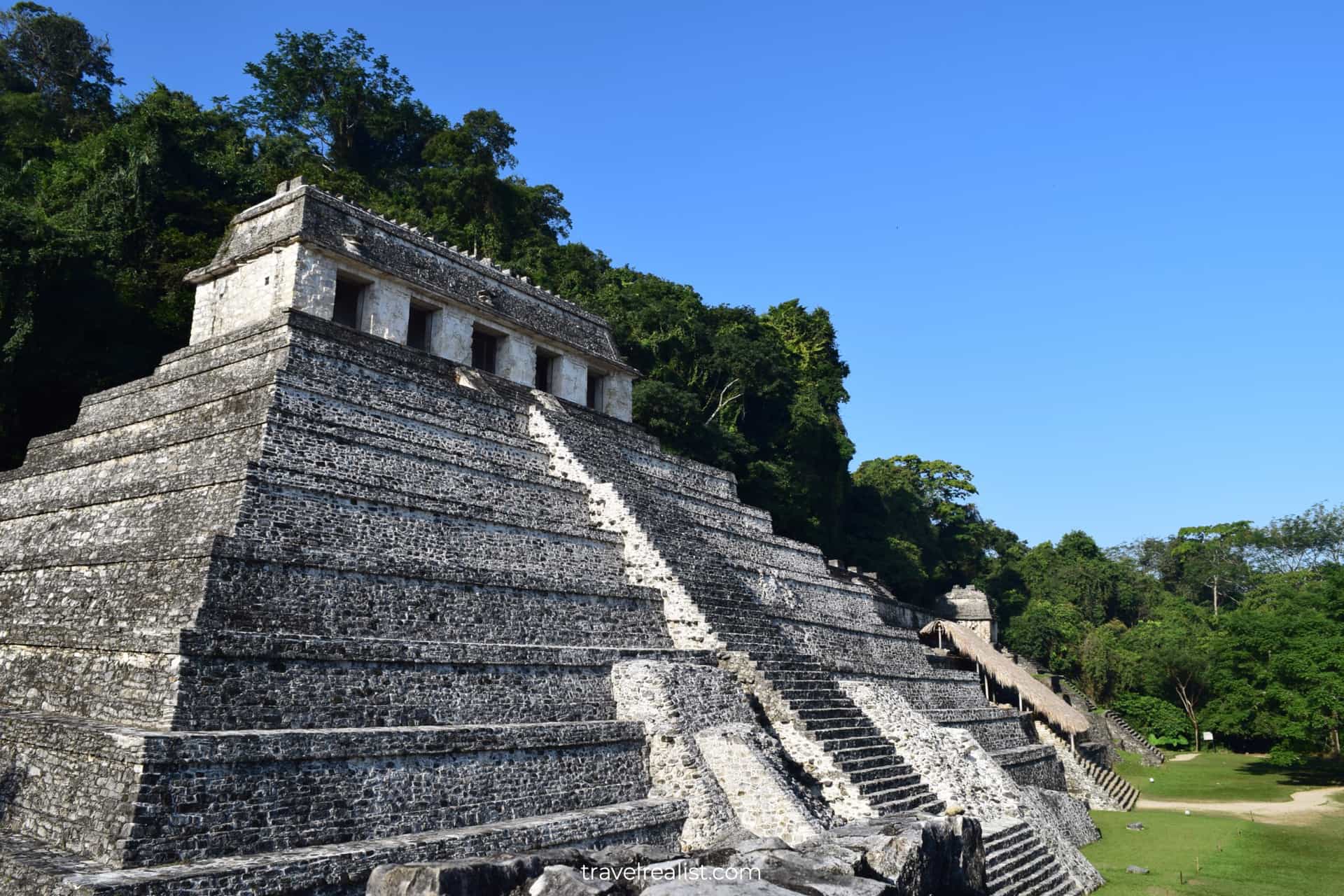How To Find The Best Travel Insurance
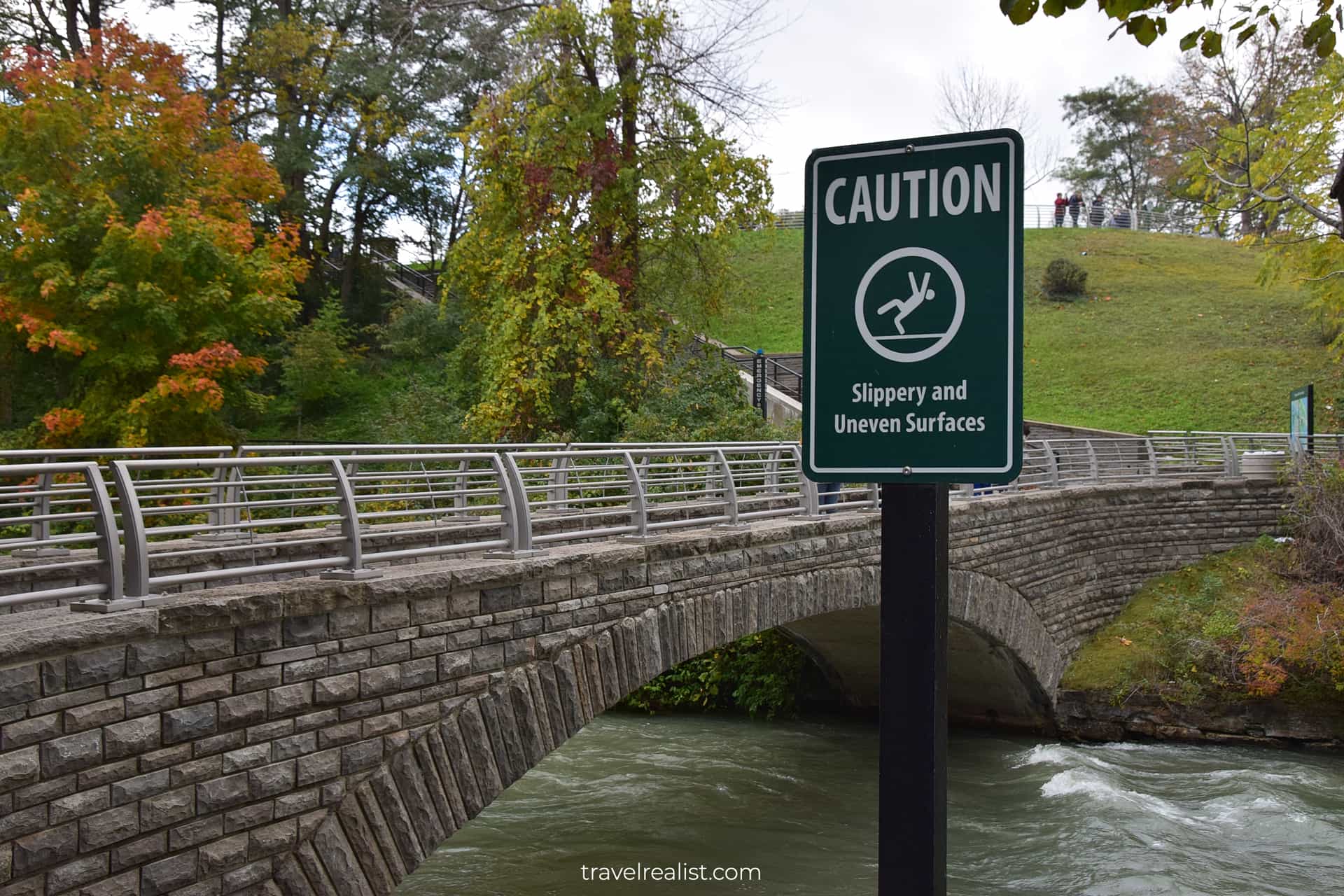
This realistic Guide to Travel Insurance helps you find peace of mind on your next trip abroad.
Travel insurance is a way to get protection from the costly events that could happen during the trip.
This post includes affiliate links that will earn us commission if you make a purchase via these links.
1. What is Travel Insurance?
Travel insurance is a legal contract between a traveler and an insurance company. It defines what events are covered, what is excluded, and other terms.
Travel insurance is not different from other policies like car, renter’s, or home owner’s insurance. It works exactly in the same way.
- You pay a small sum before your trip.
- You get no benefits if everything goes as planned.
- The provider pays a lot more to you or other parties if a covered event takes place.

Travelers and providers have very different reasons for entering this agreement. There is just thing that is the same: the hope that nothing goes wrong on your trip.
As a traveler, you are buying protection from the events that might take place abroad. These events are unfortunate and unexpected, like a trip delay or a hospital stay due to acute illness.
They are unlikely to happen. But if they do, you could be left stranded in a foreign country. Insurance provides you with help in such situation.
On the other hand, the company bets that none of these expensive events happen to you. In this case, they would not need to pay you or the hospital at all. They could just pocket your initial payment as a profit.
It should be a no-brainer decision to buy a plan. But most policies have a lot of hard to understand terms. As a result, it is easy to feel confused when searching for plans.
Some people take their chances and skip it all together. But there is no reason to shy away from the unknown. It is best to manage your risks.
2. Key Terms
The insurance terms are a great place to start. Some of them could be confusing. Let’s explain them in layman’s terms.
- Insurance, policy, or plan: a contract between you and a provider. It kicks in if certain events take place during your trip.
- Coverage: things that a plan will pay for.
- Exclusions: things that a plan will not pay for.
- Underwriter: a provider of a policy.
- Premium: a cost you will pay for a policy.
- Quote: a price of a policy for comparison.

3. Typical Coverages
The policies differ a lot in the things they will pay. But a few things are present in most plans.
- Medical expenses: a primary benefit of a plan abroad. Like your health plan back home, it pays for the cost of treatment for injury or illness. It has to be an urgent need during your trip.
- COVID expenses: many plans include coverage for testing and treatment. You still need this coverage to visit some countries.
- Emergency evacuation: this coverage kicks in if you experience a serious medical condition or a disaster during your trip. You will get a ride to a safe location, a hospital, or your home country.
- Trip interruption: you can get paid back for your some expenses if your trip is delayed. Let’s say you miss a flight connection and need to book a hotel. This option will have your back.
- Trip cancellation: you can get a payback if you cancel your trip for a valid reason. These reasons include illness, death in family, and disaster.
- Cancel for any reason: an extension of the trip cancelation coverage. You do not need a valid reason to cancel your trip. You can get back only a part of your expenses, from 25% to 70%.
- Lost or damaged baggage: payment for lost, stolen, damaged, or delayed baggage. You can get money for your checked bag and its contents. There is a limit to the payment.
- 24/7 assistance: a handy benefit if you find yourself in an unknown situation. You can get help with travel arrangements during the trip.

4. Common Exclusions
There are always some exclusions from your coverage. Every policy has them.
Our Ultimate Guide to Travel Insurance lists a few common exclusions from coverage.
- Pre-existing medical conditions: you might not get coverage for conditions that existed before your trip. These conditions differ by provider. Consult your provider for their list.
- High risk activities: you might not get protection if you participate in dangerous sports.
- Incidents under influence: do not expect coverage if you used alcohol or drugs before an accident.
- High risk destinations: you will not get coverage if you travel to places at war.
You need to know the exclusions when comparing plans. Most plans include a lot of legal language. Still, take your time to read the section. It can save you from major issues during your trip.

5. Cost Drivers
The cost of your plan depends on multiple factors. Trip, traveler, and provider all play a role in the price. But higher risk always means higher cost.
This Ultimate Guide to Travel Insurance defines a few key cost drivers.
- Destination is the main factor that determines cost. Get ready to pay more if you travel to more dangerous places.
- Trip length is another obvious cost driver. With all things equal, you will pay more for a longer trip.
- Traveler’s age is the next cost driver. Younger and older travelers pay more, on average.
- Medical condition also determines how much you pay. It costs more to cover the pre-existing conditions. This is true since most providers exclude them from coverage.
- Policy type affects your cost. A medical policy should be cheaper than a cancel for any reason policy.
- Provider is another important cost driver. Providers differ in their strategies. Some focus on growing market share while others maximize profit. Market share growth means lower prices. You will pay less if you purchase a policy in this case.
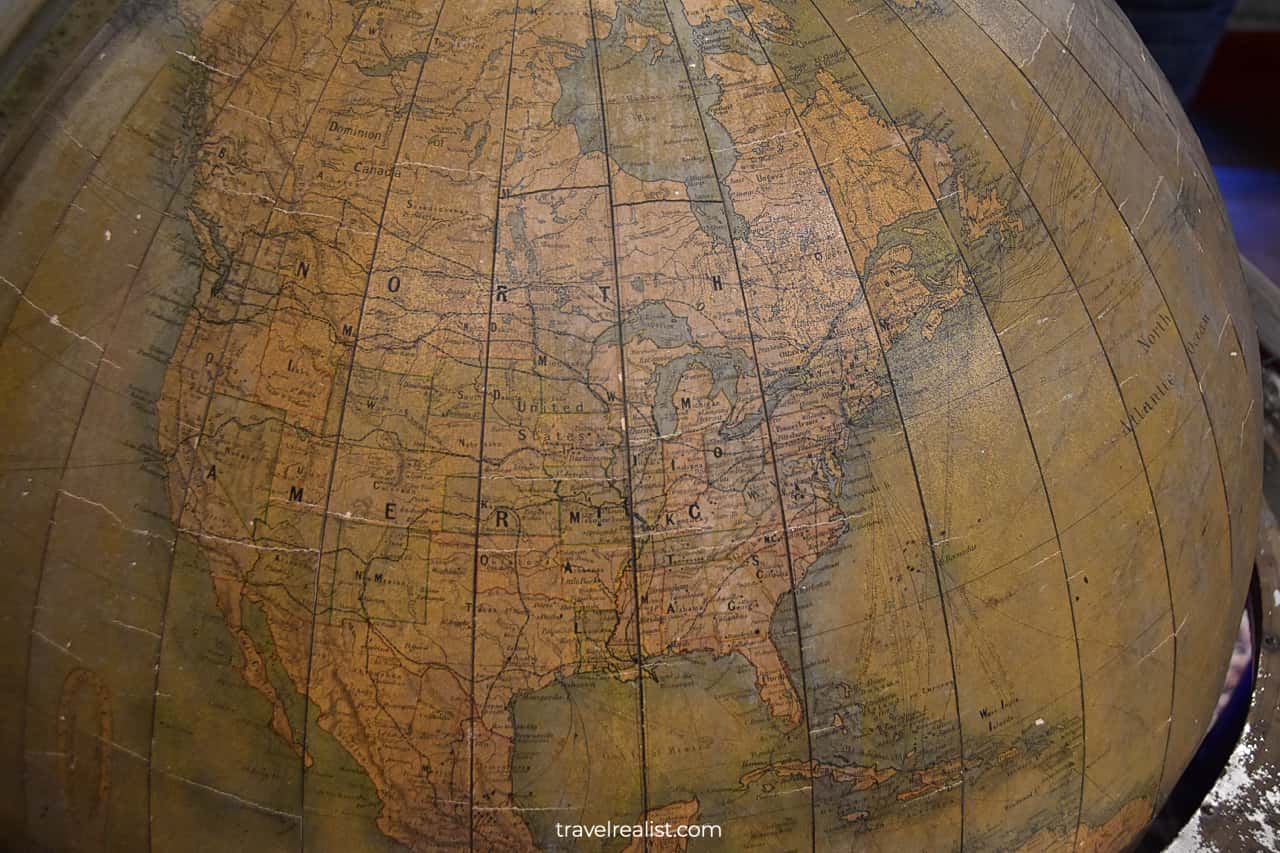
6. Policy Types
A type of a plan impacts how much it costs. There are key differences between different types:
- Medical-only and comprehensive plans
- Single-trip and long-term plans
Comprehensive plans include greater coverage than medical-only plans. But you will pay more for that expanded coverage.
Single-trip and long-term policies differ in duration of coverage.
- Single-trip policy only covers one trip. It costs less than a long-term policy. You would want to buy a single-trip policy if you take one or two trips abroad a year.
- Long-term policy offers coverage for the full year. You can take as many trips as you want. It costs more. So you need to be a frequent traveler to get the most value from it.
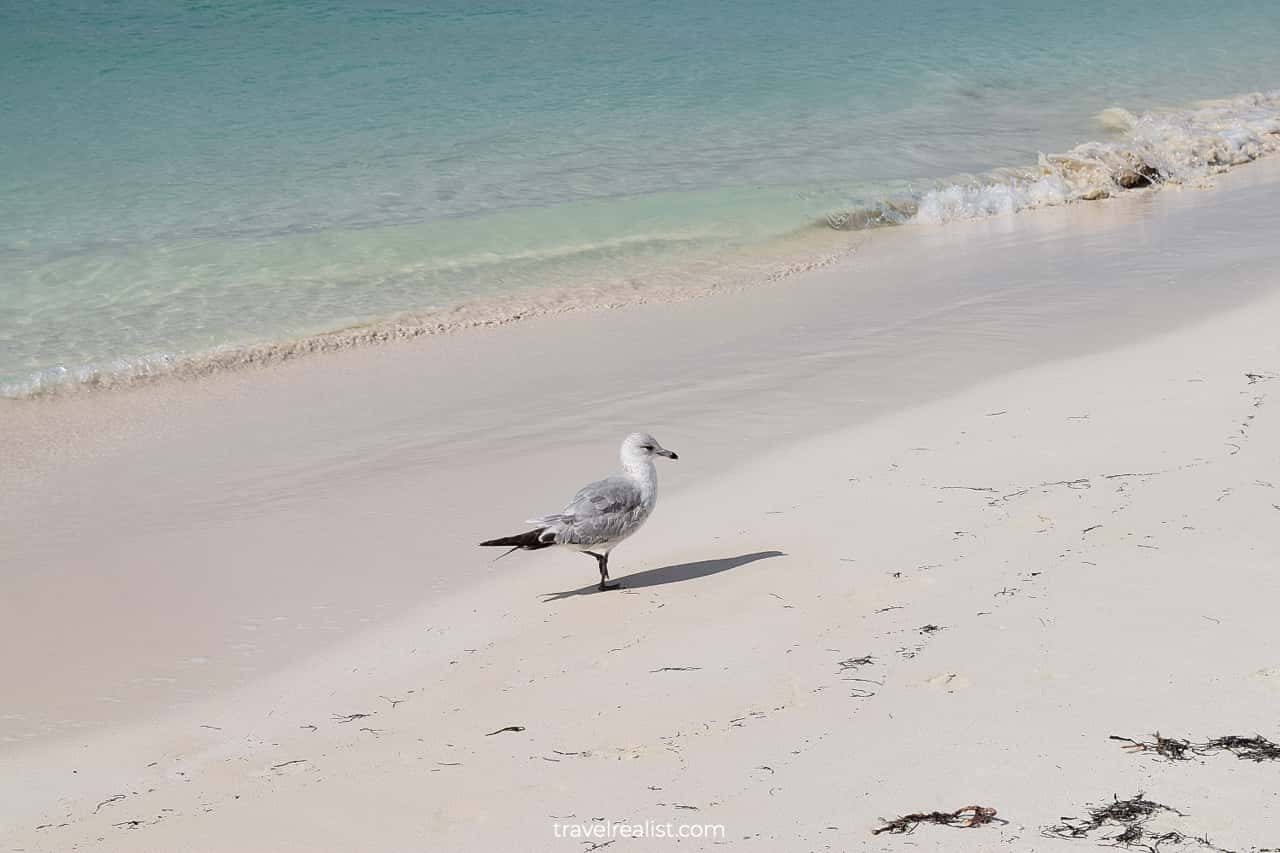
7. Insurance Providers
Now you have an idea for coverages, cost factors, and plan types. It is time to shop around for the best policy. Pick a method that works best for your budget and needs.
- Online travel insurance providers: you could research available plans and buy a policy directly from a provider. This method works best if you would like to customize your coverages.
- Travel agents: you could get a policy through an agent if you work with one. But you might pay a higher price in this case. Convenience comes at a cost.
- Airlines and travel providers: you could get a policy as an add-on. It is easy to buy such a plan in just a few clicks. But your options are limited. You can only choose from the partnering providers.

8. Tips for Buying a Policy
There are a lot of reasons to buy travel insurance. But it is a decision you need to make for yourself.

There is no one size fits all approach. But you could follow a few steps to find a policy that best fits your needs.
- Define your requirements: decide on the type of coverages that works best for you and your companions. Use these requirements as filters for your online search.
- Do your research: compare insurance quotes from multiple providers. Like with hotels, rental cars, and parking you could get a better deal this way. Make sure you compare apples to apples by double checking premiums, coverages, and exclusions.
- Read the fine print: pay extra attention to this section. Most issues stem from the clauses you miss. This is a must-do if you have a pre-existing condition or want to participate in an extreme sport.
- Do not delay a purchase: buy a plan soon after your first trip deposit. Your travel cancelation coverage depends on the time you made the first nonrefundable payment for your trip.
- Get easy access: once you bought travel insurance, print your policy before your trip. This way you will not depend on the Internet coverage abroad.
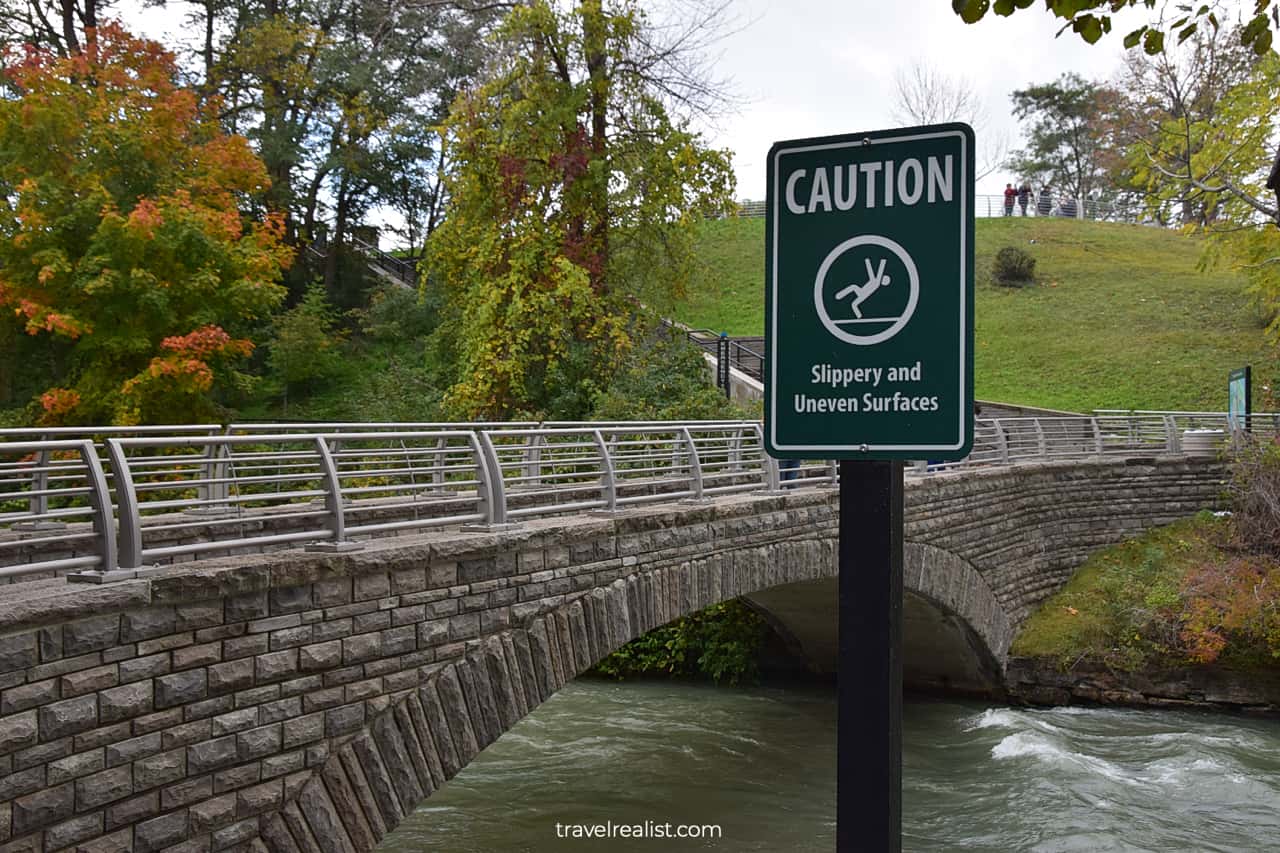
9. When to Skip Travel Insurance
Travel insurance helps find peace of mind. But there are times when it may not be necessary. You might consider skipping a plan in a few cases.
- Domestic travel: your health insurance should cover you if you get sick or injured.
- Credit cardholders: many credit institutions cover lost baggage or trip interruption for their cardholders. This is true for high tier cards. Such cards often have annual fees.
- Refundable reservations: there is little point in buying insurance if you can cancel airfare, lodging, and tours for free.
- Risk tolerance: you could take your chances if you take a short trip and are ready for the worst case.
These are just a few cases when you can consider skipping a plan. But you should make a decision based on your needs. If you prefer to have extra coverage even for a short trip, go for it.
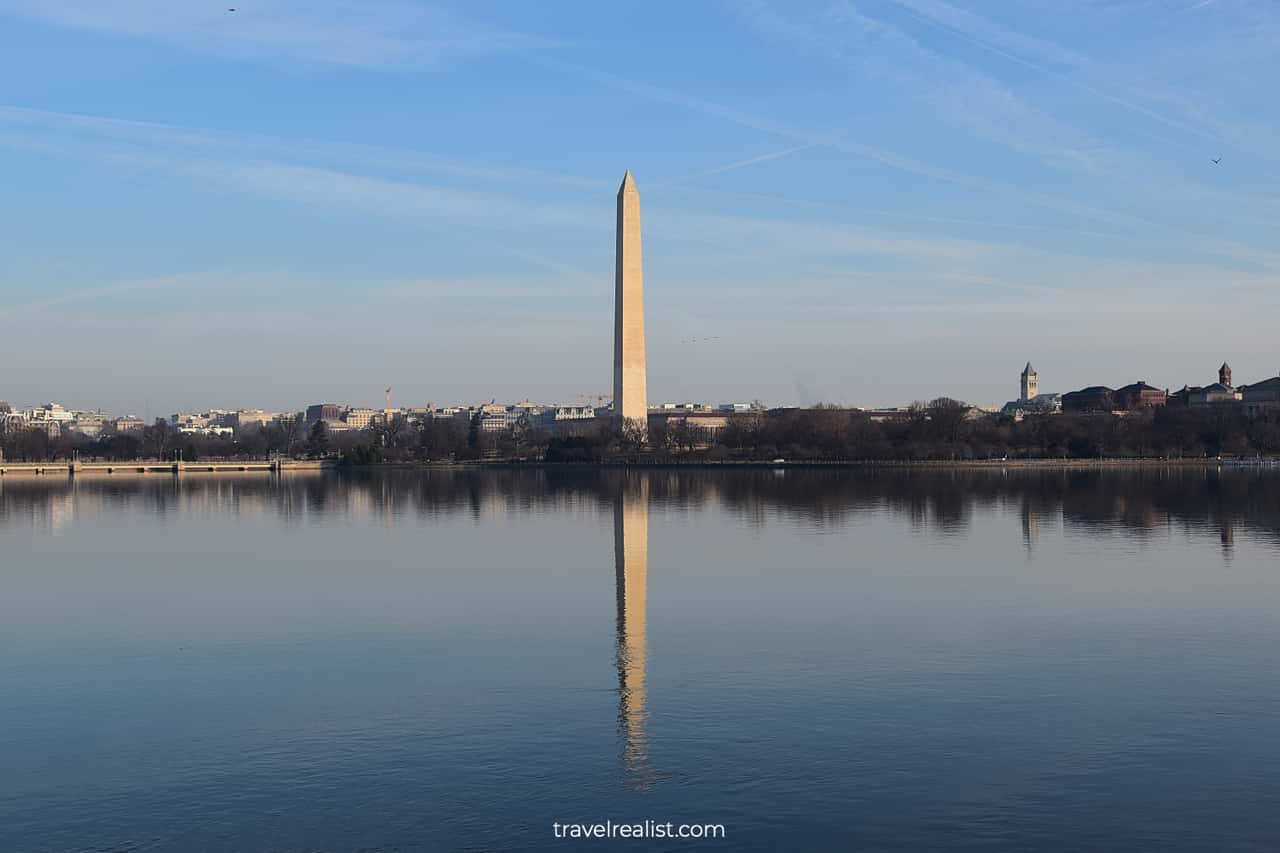
10. Takeaways: Travel Insurance
This Ultimate Guide to Travel Insurance has a summary of key terms. It could be a great way to find peace of mind ahead of a trip abroad.
You can find the coverage that fits your needs. You just need to follow a few steps.
- Start your search early. It would give you time to compare different options.
- Compare policies from multiple providers. This way, you could get the best deal.
- Study options more closely once you narrow down your search to a few policies.
- Read the fine print and check for exclusions.
- Check customer reviews and complains.
- Buy a policy from the companies with good reviews and few complaints.
- Enjoy your trip. You now have one less thing to worry about.
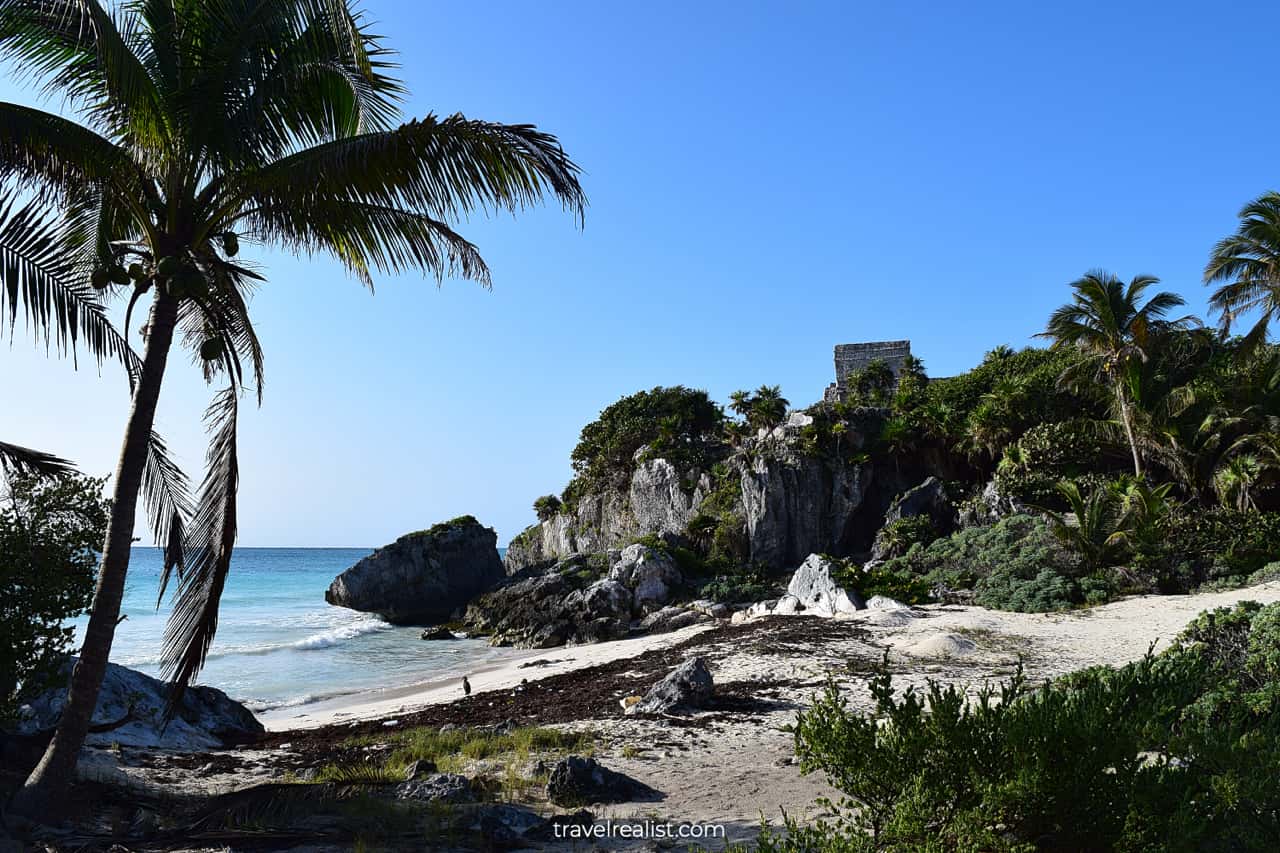
Frequently Asked Questions
Providers insure you against risks that are part of traveling. Medical emergencies, trip cancelations, and lost baggage are common coverage examples.
Most policies do not cover pre-existing medical conditions, extreme sports, and trips to high risk places.
The traveler, trip, and provider all affect the cost of a policy. Age of the traveler, destination, and plan type are the main cost drivers.
Policies differ in coverage and duration.
– Coverage: you can choose between medical only and comprehensive plans.
– Duration: you can buy a policy for one trip or for a longer period.
You can buy a policy directly from a provider or through a third party. Agencies, airlines, and travel providers also sell policies as add-ons.
You can follow a few steps to get the best policy:
– Understand your needs
– Start your search early
– Get quotes from multiple providers
– Read the fine print
– Compare reviews
You might skip buying a policy if you travel domestically. An existing credit card coverage is another reason.
A policy might not be worth the cost if you have a high tolerance to risk.
Some countries require a policy for visitors. You could still buy a plan even if it is not required. It could help you find peace of mind in a new country.
You can buy a policy after booking your trip most of the time. But you should buy it soon after making your first deposit on the trip.
Safe realist travels!


